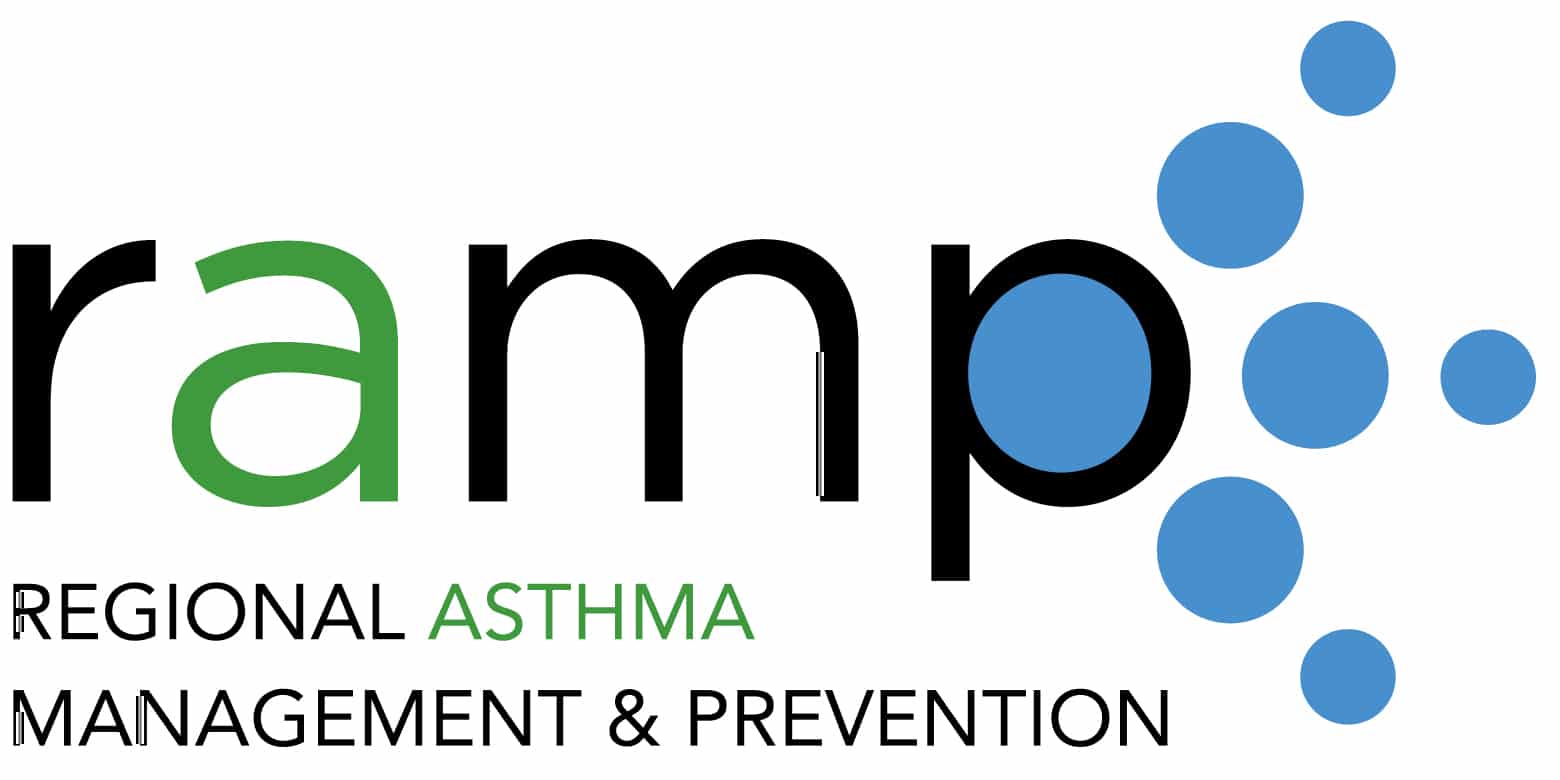
Outdoor Air Tools & Publications

We at RAMP strive to shape policies to reduce and eliminate exposure to air pollution in inequitably burdened communities. Historic and ongoing unjust and racist policies, investments, and planning decisions expose low-income communities and communities of color to inequitable amounts of air pollution, which can exacerbate asthma and contribute to the onset of the disease. RAMP focuses on pollution common to these communities—for example, diesel pollution from the freight transportation sector, including ports, railyards, freeways, and distribution centers.
Similarly, climate change inequitably impacts people with asthma and low-income communities and communities of color. RAMP is especially focused on the impact of wildfire smoke and aims to reduce smoke exposure in the homes, schools, and communities of low-income Californians with asthma.
To learn more about our goal on Healthy Air for All, click here.
RAMP’s Outdoor Air Resources
This report takes a deep dive into how automation in the freight transportation system affects the health of workers, communities, and the environment, as well as how these effects will be inequitably felt by people with low incomes and communities of color. The report also recommends automation-related policies and programs that promote health and equity.
Recognizing that wildfire smoke – a complex mixture of air pollutants – is unhealthy to breathe and can be especially dangerous for people with asthma, we developed this tool for asthma educators to help their clients prepare for wildfire smoke events, which are becoming increasingly common in California and elsewhere.
This tool, highlighting recommendations for schools to address wildfire smoke, was produced by the Action Lab for Planetary Health at the Stanford Center for Innovation in Global Health and highlights research conducted at the Stanford Sean N. Parker Center for Allergy & Asthma Research. Tool development was supported by many organizations, including RAMP.
Partnering with PHI’s Dr. Gina Solomon, with support from The Rose Foundation for Community Empowerment, we developed tools to help asthma programs select safe, effective, affordable air cleaners (also known as air purifiers) for their clients with asthma. Coupled with videos on how to use and maintain air cleaners along with educational materials in six languages, asthma programs can now help their clients reduce the harmful impacts of wildfire smoke.
Air cleaners, sometimes called air purifiers, can help clear out wildfire smoke particles and improve indoor air quality. Unfortunately, not all air cleaners are equally safe and effective. We developed these guidance documents for Consumers, for Agencies and Programs, for Schools.
This case study describes an innovative program through which a regional air district purchased air cleaners for asthma home visiting programs to provide to their clients along with education.
RAMP Spotlight: Tools to Select Safe, Effective, and Affordable Air Cleaners
Partnering with PHI’s Dr. Gina Solomon, with support from The Rose Foundation for Community Empowerment, we developed tools to help asthma programs select safe, effective, affordable air cleaners (also known as air purifiers) for their clients with asthma. Coupled with videos on how to use and maintain air cleaners along with educational materials in six languages, asthma programs can now help their clients reduce the harmful impacts of wildfire smoke.



